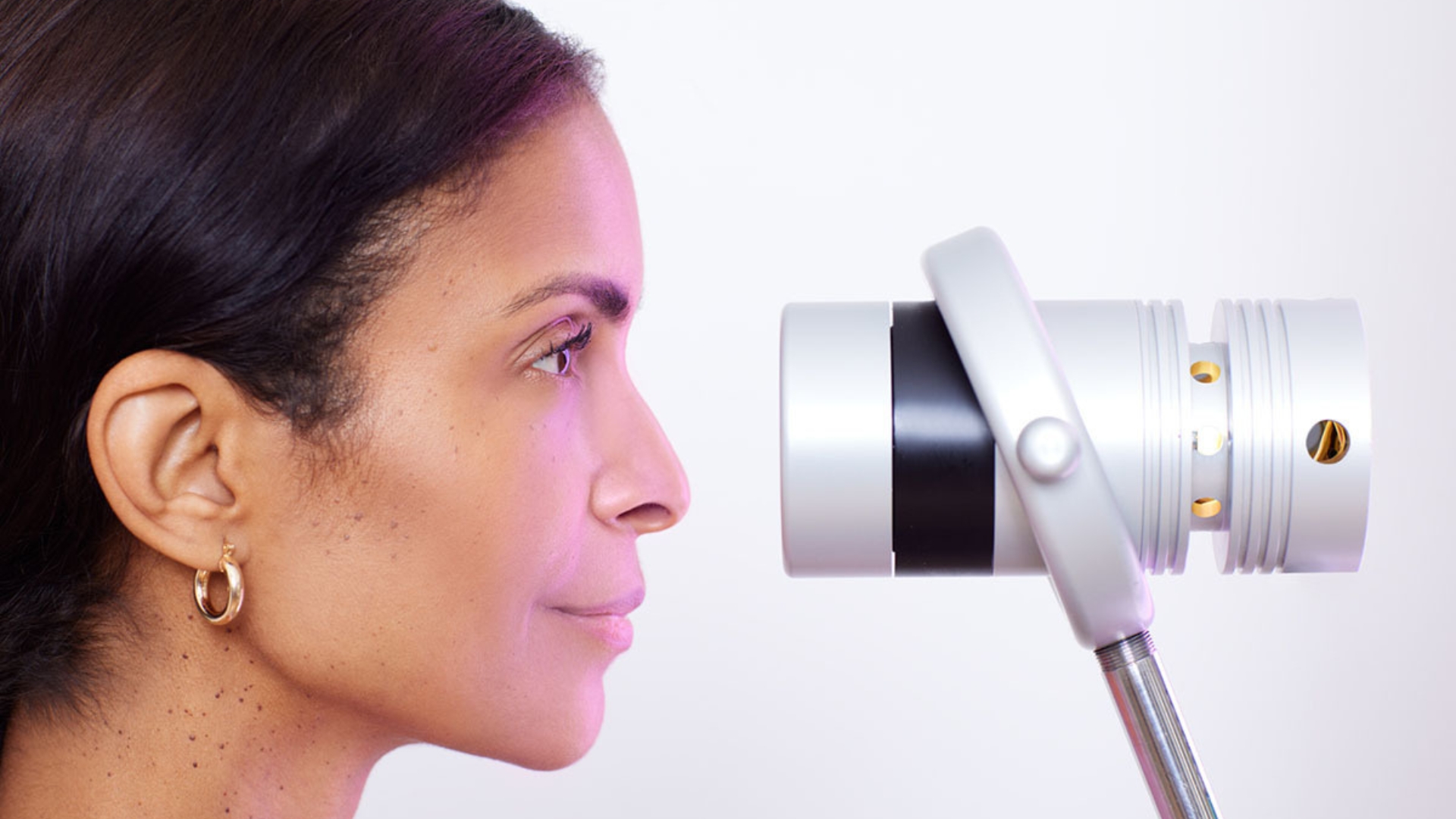Technology: The Hidden Toll on the Brain
“The purpose of technology is not to confuse the brain but to serve the body.”
William S. Burroughs
We are living in the information age.
Information is accessible at the quick click of your fingers — and even through voice commands. Need an answer to a question right now? Google it. Or simply state, ‘OK Google,’ and your mobile device is quick to answer.
Technology has become a focal point in today’s society. You can’t catch most people without their cell phones within an arm’s length away. We further reach for our devices for simple math. We reach for them out of habit. Your friend is telling you an important story. Yet, you are barely paying attention as you scroll through your recent social media feed. Where do you draw the line?
We claim technology keeps us connected. And it does keep us in the loop — we can reach out to friends halfway around the globe. It’s convenient. It also allows us access to endless amounts of information. It’s research made easy. But, what about the toll it’s taking on our brains?
Technology swooped in. Even still, it continues to rapidly expand and advance — faster than our brain’s ability to keep up. It depletes our brain’s energy. It stretches our attention spans. It’s, even, impacting our memories (remember the days when you used to know all your friends’ and family’s phone numbers off by heart?).
The 3 Big Challenges Technology Presents to the Brain
Jim Kwik, the founder of Kwik Learning, is recognized worldwide as a leading expert in brain performance, memory improvement, and accelerated learning. He’s coached students, entrepreneurs, CEOs, and various celebrities. He narrowed down the 3 big challenges that technology poses to the brain. These include:
- Digital Overload
- Digital Distraction
- and Digital Dementia
Digital overload refers to the endless amounts of information out there. In other words, there is more information than you will ever have time to read or explore in your lifetime.
Digital distraction is the impact that these technologies have on our concentration abilities. Our ‘smart’ devices are forcing us to multitask. Studies show that when we multitask, performance declines. Focus is lost, and neither task is performed at it’s best.
Digital dementia is the dependence and reliance factors relating to our digital devices. For simple math, we turn to the calculators on our phones. For remembering our friend’s number, we have it saved on our phone. Certain tasks are outsourced to our devices. Yet, this causes the brain to be less active. In turn, our cognitive abilities decline.
It’s a problem.
Our brains aren’t evolved enough to optimally function with these extended digital factors. According to Jim Kwik, these are some of the biggest challenges of our time. Our brain health is impacted by them. Our memory is taking a hit. And then, we incorrectly blame age or other factors as the cause.
Consequently, this leads to wasted time and wasted opportunities. We are further not fully aware of the ramifications that EMFs, or electromagnetic fields, from this technology, have on the brain.
Is it safe to have your phone constantly close by? Researchers today continue to investigate the connection between negative health effects and technology.
Techs Impact on Overall Health
Technology is here to stay. And there are a lot of positive aspects to it. But we desperately need a balance.
Why? Your overall health depends on it. The brain is responsible for every movement and action you make, voluntarily and involuntarily. If your brain or cognitive health begins to decline, your overall health is likely to follow.
In fact, the brain changes based on the environment around you. For example, certain chemicals have shown to change the structure of the brain — chemicals we are exposed to everyday.
Similarly, you are exposed to electromagnetic fields through our computers, phones, and other technology around you. It impacts crucial parts of the brain, including the frontal cortex, hippocampus, and brainstem. The frontal cortex is responsible for an array of functions, including memory, problem-solving, motor function, and language. The hippocampus also plays an important role in memory, specifically long-term memory. Meanwhile, the brainstem controls messages leaving the brain to other parts of the body. If these structures are altered, it makes sense that cognitive abilities, such as memory, would decline. In the extreme end, so would proper bodily functioning, such as breathing — since the brainstem also relays important vital life functioning messages to specific parts of the body.
Yet, there are ways to limit these effects. Let’s take a look!

See how we can help you restore complete health of body, mind & spirit.
Optimizing Your Cognitive Functioning
While getting rid of technology entirely is out of the question, there are other ways to limit your exposure and the negative effects.
Many experts recommend putting your phone away before bed, and within the first hour or 2 you wake up. When you use your phone first thing, you prime your brain to be distracted. It reworks the neural networks. It’s best to start your day out quietly, without these distractions. Drink your coffee in peace. Think about the day ahead.
Other experts boast about the benefits of longer digital detoxes. Regularly taking a weekend away from social media and technology has proven very beneficial to a variety of individuals. Book a weekend away in a remote spot — The break is good for you.
Tim Ferris recently offered up this tip to reduce social media use. If you are an iPhone user, you can switch it to grayscale. How? Go to Settings > General > Accessibility > Accessibility Shortcut > Color Filters. By pressing the home button 3 times, the phone is flipped to grayscale and vice versa for returning back to color. But, why is this helpful? It makes your phone less exciting. Certain colors ignite certain emotions, such as excitement. In grayscale, it’s not as appealing, so you won’t be using it as much.
Other ways to optimize brain functioning, but still remain connected, include supplementation and replenishing NAD+ levels. NAD+, nicotinamide adenine dinucleotide, is a coenzyme. It exists in all living cells. It transforms nutrients into energy that your body can use. In the brain, NAD+ may become depleted due to technology — more specifically, our intense focus on it. This means the brain’s energy is reduced (your cognitive abilities, such as the ability to concentrate, decline). With a sufficient amount of rest, NAD+ is naturally restored. Sometimes, these breaks are not available to us. Supplementing NAD+ in your diet can help with this balance. Products, such as Nadovim, are designed and created specifically to improve cognitive function.
Innovative solutions continue to be put forth by other companies, such as the YouMatrix Biotech Adapter for cell phones. YouMatrix products take electromagnetic radiation from your devices and transform it into more natural frequencies — protecting your body and brain from harmful effects. You can rest assured knowing you are protected from any negative health effects being emitted from your cell phone.
Final Thoughts…
Technology has opened many doors for us. We can do things faster and better than ever before. However, technology only exists because our brains created it.
We have entered a new age. And with a new age comes adjustments. We acknowledge our creations and the possible problems that go with it. We know we have to work and take action to preserve the brain.
The funny part is that the brain knows its own importance. It goes hand-in-hand with the fact that the brain named itself. Without it, it knows human life as we know it ceases to exist. Listening to it is the best thing we can do. It’s what makes you, you. Take the steps toward preserving the brain. And actively seek ways to continually improve your own cognitive functioning and abilities.
Disclaimer: The statements made in this article have not been evaluated by the Food and Drug Administration. Any products or treatments mentioned are not intended to diagnose, treat, cure, or prevent any disease. Please consult a licensed medical practitioner for medical advice.
At Innovative Medicine, we believe in transparency. We want you to know that we may participate in affiliate advertising programs pertaining to products mentioned herein.
See how we can help you restore complete health of body, mind & spirit.
Join our mailing list and receive exclusive offers + information!







Leave a Reply
Want to join the discussion?Feel free to contribute!